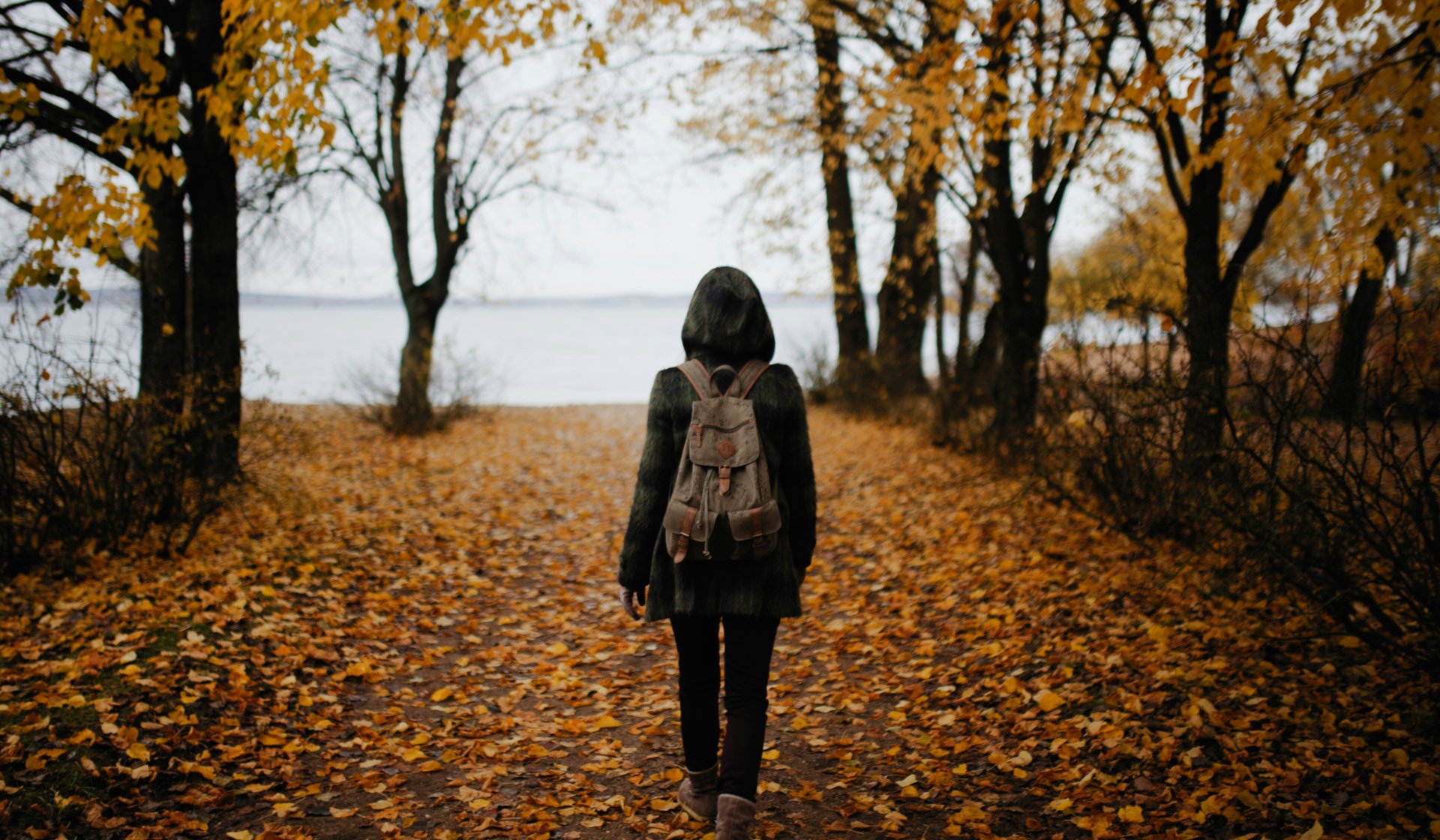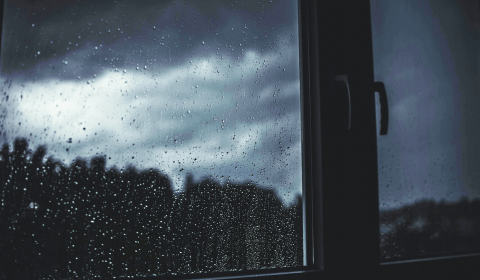If you’ve been feeling stuck lately, the answer might be as simple as putting one foot in front of the other.
I’m embarrassed to admit that the best thing I’ve done for my mental health recently has been the same thing most toddlers master by their second birthday. But here I am, aged 27, and walking has completely changed my life.
Like a lot of people my age, I’ve felt like I’d hit a wall lately. I mean the kind of existential dread that you’re in the wrong place, making the wrong choices, running out of time to get ‘it’ right.
I often find myself paralysed by the overwhelming choices life throws at us. Jobs, relationships, what diet plan to follow.
London, with all of its energy, doesn’t always help. The endless opportunity can feel suffocating, with everyone around you either twelve steps ahead or leaving for the sunny shores of Australia.
I’ll throw my hands up and admit I’m guilty of throwing myself head first into things, sometimes to my detriment. January is a time for fresh starts, but I insist on taking that to the extreme.
I’m training for a marathon, I’ve cut out alcohol, I’m journaling, trying to read 100 books, starting new hobbies, attempting to learn a new language. I’ve even mapped out an extensive list of goals I hope to achieve in the next 12 months.
There’s no reasonable way that any sane person could balance all of these things. I pile so much onto my plate at once that I’m setting myself up for imminent failure. So I always find myself, midway through February, shouldering feelings of burnout, low mood, and disappointment.
But at the beginning of this year I picked up one new habit that’s proven to be sustainable. I started walking.
Studies have literally shown that for every 1000 steps you take, your risk of all-cause mortality drops by 15% (PMID: 37555441).
Walking is a miracle drug; if its effects could be bottled up, it would break the pharmaceutical industry. pic.twitter.com/7SD5FBwL5v
— Sam Davies | BSc (@sociooptimised) September 10, 2024
Not power walking to the tube or pacing on the phone – actually walking. For no reason other than to put one foot in front of the other.
Every morning, I’d aim to get outside before I could talk myself out of it. No destination, no agenda, just me and the pavement. Since the start of January I’ve been walking everywhere. To and from work, around the local area, and what started as a chore has become the highlight of my day.
I get excited about walking to my destination when I have plans (unless it’s torrentially raining). I feel more present, connected with myself, and full of energy. Call me boring but it’s become a fun way to explore new areas of the city I’ve lived in for years. And most importantly, it’s helped lift my mental fog.
Science will back me up: walking is a quiet revolution. A 2020 study by Scientific Reports found that regular walking increases connectivity in the brain, particularly in regions associated with stress regulation and emotional processing.
Walking can also reduce anxiety, boost our mood, and strengthen our bodies in ways that extend beyond the physical. It’s one of the most simple tools we have at our disposal, and yet we often treat it as a last resort – when our phone dies or the Uber surcharge is too high.
The simple act has reminded me that I’m allowed to slow down. It allows me to pay attention to my surroundings, rather than moving through them in a constant state of haste. And unexpectedly, I feel less alone.
London has a reputation for being a city of isolated, headphone-clad commuters, but when you actually pay attention, it’s full of walkers like me. People who have chosen, consciously or not, to engage with their surroundings instead of numbing themselves to them. It’s my time to spend with myself, intentionally focusing on my thoughts and feelings without screens or other distractions.
Lucy Mangan recently wrote about her similar experience of walking, describing the process as inherently transformative.
Walking is your body’s way of resetting your nervous system, your cortisol levels, and in the process slows down racing thoughts. Don’t make a decision before you walk on it.
— Dr. Nicole LePera (@Theholisticpsyc) February 13, 2025
‘After a lifetime, basically, on my arse, I am now shifting it on a regular basis. It makes me feel that other changes might be possible. Walking is [also] a great way of getting time on your own. I need that time and I never get enough of it.’
The act of walking doesn’t solve my problems. But it does give me space to think, to breathe, to remind myself that uncertainty is not failure, that movement is progress even when it doesn’t feel like it. And sometimes, that’s enough.
I must admit, I don’t miss the sweaty tube commute either.
Walking advocates like Viola Di Grado have found new friends through strolling the city, using it as a tool for navigating new spaces when she relocated from Rome to London in 2020. Having been an introvert all of her life, Di Grado recalls being surprised by how quickly she was meeting new people on her walks.
‘I realised it was to do with the balance between an interpersonal exchange and the outside world. In bars or clubs you are required to interact with people. On walks you also pay attention to the environment around you, and it seems to me that it’s this shift of focus that makes it easier to make friends this way – precisely because there is less pressure to do so.’
In this vein, walking meditation and walking psychotherapy have been growing in popularity, not just in London but across European cities too.
So if you’re feeling lost, if you’re drowning in the pressure of your twenties, or if you just need a moment of quiet in a city that never slows down—walk. You never know where it might take you.

















